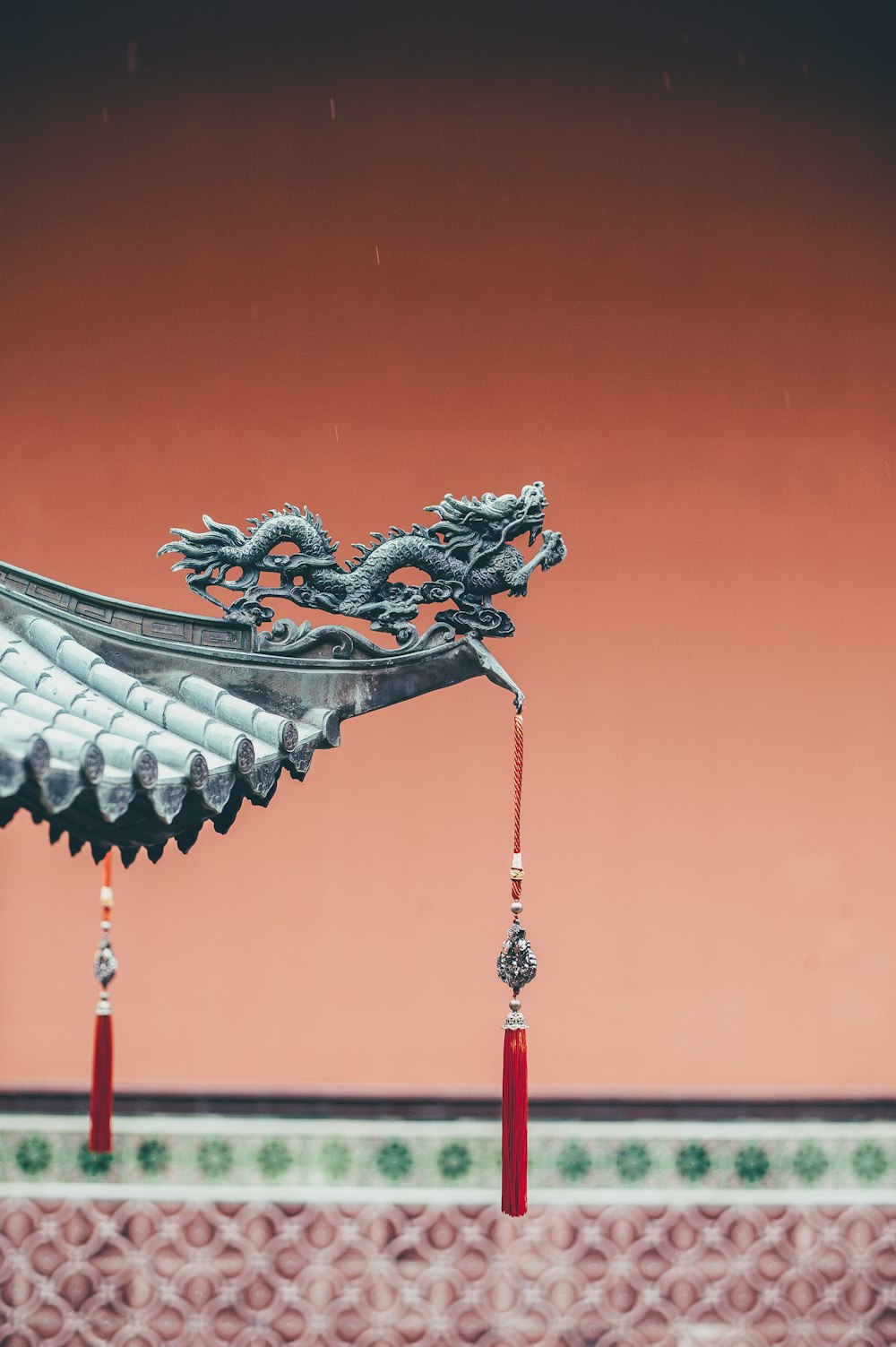Europe can fight with China

Over 20 years later, after dismissing calls to democratize and advancing its state-led economy to become the world’s second largest, China has become well practiced at saying no. In its present-day “Wolf Warrior” diplomacy, China is now even learning to pressure the West to say yes to its own demands. Restricting access to the Chinese marketplace is often brandished to break the political will of offending parties.
The book China Can Say No was a 1996 Chinese bestseller and a blunt expression of nationalism. Written by a group of right-wing intellectuals, the book called on China to reject liberal values and push back against Western interests conspiring to halt its rise.
Europe is a prime venue for China’s top diplomats to show this new assertiveness. Just last week, fearful of repercussions to its trade relationship with China, the European Union softened critical language in an upcoming report on China’s disinformation campaign about the coronavirus pandemic.
But Europe need not bow down to China’s economic bullying—it, too, can afford to say no. Not only is Europe far less reliant on the Chinese market than many presume, but the strategic vulnerabilities and loss of competitiveness from trading and investing in China are also starting to outweigh economic opportunities.
EU Trade Commissioner Phil Hogan recently remarked that even before the coronavirus pandemic scuttled high-level meetings this year, negotiations with Beijing had resulted in “little concrete progress on improving market access” for European companies. As Chinese corporations rise in competitiveness and Beijing pursues its “Made in China 2025” industrial policy to take the lead in high-tech manufacturing sectors, the future is not necessarily bright for many foreign investors.
The coronavirus pandemic is also showing that depending on overseas production can be dangerous in times of crisis. As the coronavirus spread in China earlier this year and lockdowns brought many industries to a standstill, foreign countries and multinational corporations were left vulnerable by an over-reliance on particular Chinese intermediate products in consumer electronics, automobiles, and pharmaceuticals, not to mention crucial medical supplies. French Finance Minister Bruno Le Maire, among other European officials, cautioned that Europe needed to decease such points of dependence on China.
Comments
Post a Comment